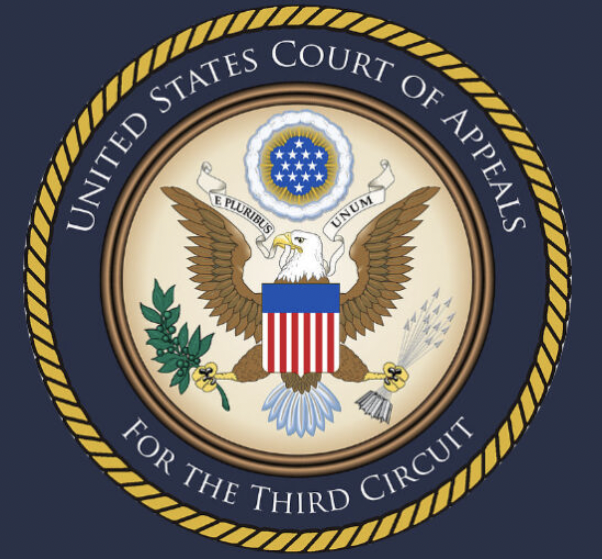Argument on Daniel’s Law Centers on the Challenge of Balancing Privacy Concerns and Access to Public Information
By Cortez Collins, FTC law clerk
 A three-judge panel of the Third Circuit heard arguments July 8 in Atlas Data Privacy Corp., et al., v. We Inform LLC, et al., a case concerning the constitutionality of Daniel’s Law, legislation passed in New Jersey in 2020 that prohibits disclosure of certain personally identifiable information, like the residential address, of judges and other public officials on state and local government websites.
A three-judge panel of the Third Circuit heard arguments July 8 in Atlas Data Privacy Corp., et al., v. We Inform LLC, et al., a case concerning the constitutionality of Daniel’s Law, legislation passed in New Jersey in 2020 that prohibits disclosure of certain personally identifiable information, like the residential address, of judges and other public officials on state and local government websites.
During the livestreamed argument and in its court filings, Atlas argued that the law imposes an overbroad, content-based restriction on speech in violation of the First Amendment. While acknowledging that judicial safety is a compelling government interest, Atlas asserted that the statute fails strict scrutiny because it is not narrowly tailored and does not employ the least restrictive means
Atlas contended that the law broadly prohibits the publication and sale of truthful, lawfully obtained public information related to judges, thereby chilling speech that may be critical to journalism, academic research and public oversight. They argued that targeted alternatives, like anti-doxxing laws, injunctive relief and case-specific protections, could achieve similar goals without infringing on protected expression.
As part of its constitutional critique, Atlas pointed to a Wisconsin law signed in 2024, called Act 235, as a more appropriate legislative model. Unlike the Daniel’s Law, Wisconsin’s allows judicial officers to request the redaction of personal information from public records but only after submitting a formal written request. This opt-in, case-specific process, Atlas argued, is more narrowly tailored, provides procedural safeguards and would likely survive strict scrutiny because it addresses the government’s interest in judicial safety without imposing a blanket restriction on speech.
Appellees defended Daniel’s Law as a necessary response to escalating threats against the judiciary, citing the targeted murder of Daniel Anderl, District of New Jersey Judge Esther Salas’s son. They argued that the law does not suppress general commentary or lawful journalism but rather curbs the harmful commercialization of sensitive personal data that endangers judges and their families.
The court engaged both parties on the balance between public access to information and the right to personal security, questioning whether laws like the Daniel’s Law could coexist with First Amendment protections and whether more precise alternatives like Wisconsin’s Act 235 could serve the same compelling interest with fewer constitutional concerns.
We will post an update on FixTheCourt.com once a decision is issued.